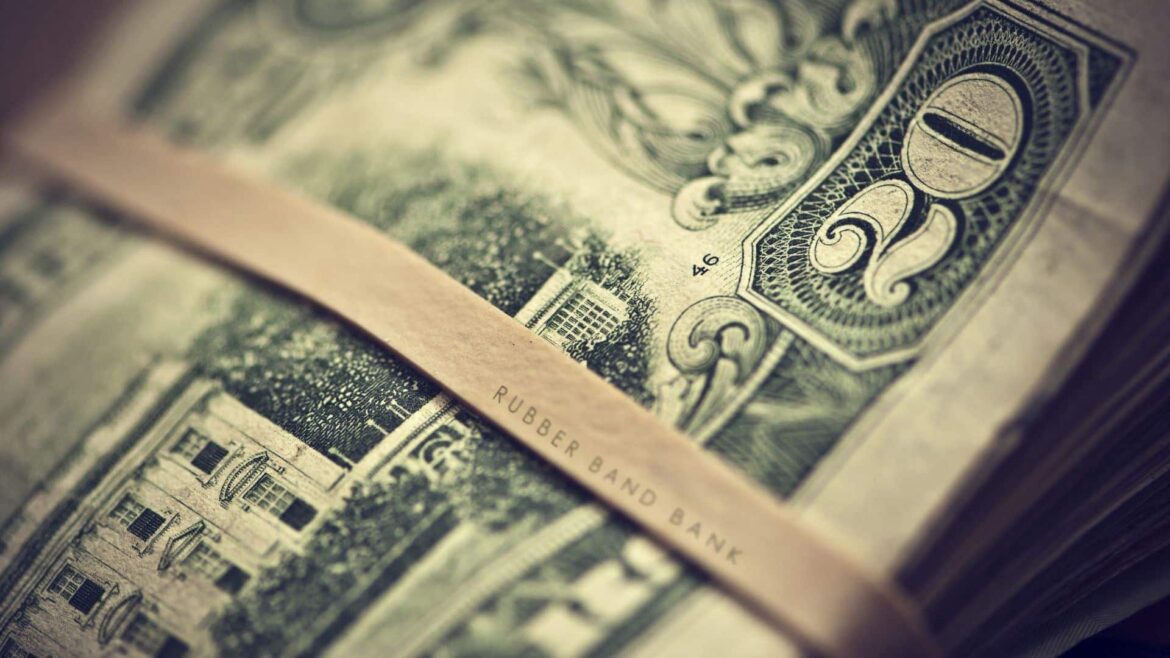2.3K
Who owns the money in the bank? – Maybe you or the bank or the European Central Bank. You probably won’t like the answer to the question. As long as you don’t hold the notes and coins in your hands, you are not the owner of the money.
Who owns the money in the bank? Short answer: the bank
Whether bank deposits or savings deposits in time and call money or current accounts: The monetary values on them are merely claims on the respective bank that maintains the account and not your personal property. The same applies to savings books and savings investments.
- Generally speaking, a bank account, whether it is a current account, a call money account or a savings account, belongs to you. The money in it, however, does not. All money in accounts belongs to the bank.
- When you deposit money in an account, you are giving the bank a – mostly – interest-free loan. The moment you transfer money to an account, a claim arises against the bank. At the same time, the bank incurs a liability towards you.
- You are therefore a creditor of the money, but not the owner. As a rule, a borrower, in this case the bank, must offer collateral. Otherwise, you don’t get a loan. In the case of a bank account, this is not the case.
- In concrete terms, this means that you as a creditor give your money into the care of the bank so that it can work with the funds. As security, you receive a repayment claim from the bank, but nothing more.
If the bank goes insolvent, the money you have saved is often gone
So you, as the account holder, have a claim against the bank to have the money paid back to you. This claim can lapse if the bank goes insolvent, for example.
- Since the credit balance on the account belongs to the bank, it is gone for the time being in the event of possible insolvency. In order to prevent large losses on the part of the bank customer, there is the so-called deposit protection, through which sums of money at the bank up to 100,000 euros are protected.
- In order to be able to pay out the money, every European country has a deposit guarantee fund. By 2024, the funds are to be populated with at least 0.8 per cent of all secured deposits in the country.
- This means that the money deposits in the German fund are significantly lower than the current assets of Germans in accounts and deposits. In purely mathematical terms, it is therefore not at all possible that in the event of extensive insolvencies all bank customers will be paid out according to their deposits.
- By the way: As soon as you withdraw the money from the account and hold it in your hands in the form of notes or coins, you become the owner of the money.

